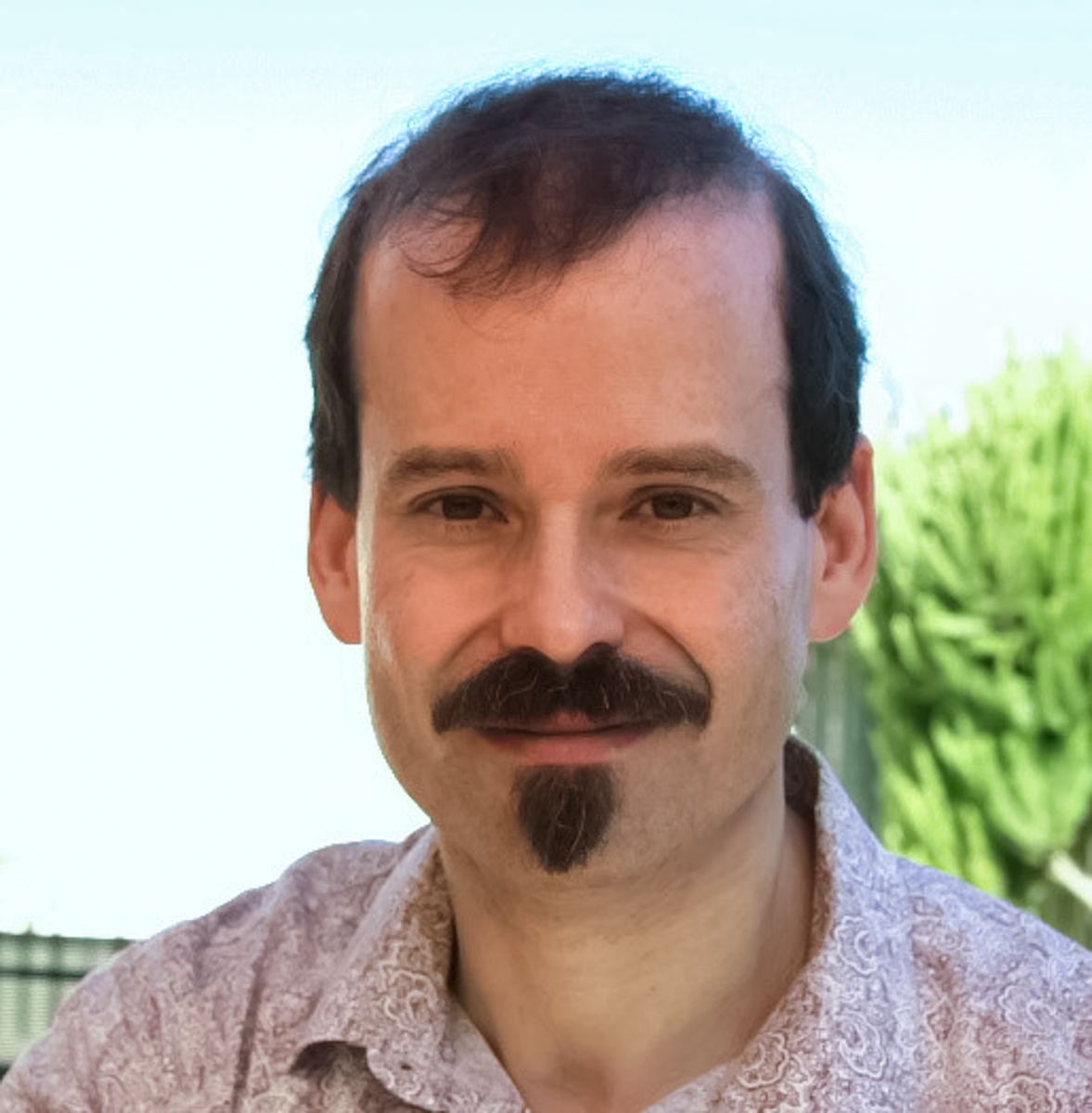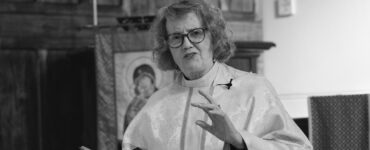The question, “What is ministry?”, should take up a considerable portion of our thinking for no other reason than the University of Divinity is one of the largest providers of ministry education in the country. It is our “core business” after all. Yet the question is more than a pragmatic one for our institution or our denominations. Census data clearly shows that the number of Christians in Australia has halved over the last 50 years, while those not holding to any religion have increased by almost the same proportion. Although small in overall number, other religions are also increasing in size. And what do we make of people identifying with “Christianity (not further defined)”, or the fact that people are now beginning to refer to themselves as spiritual but not religious? While Rev E/Prof Philip Hughes has dealt admirably with these questions from a sociological perspective, what are their implications for those of us in the helping professions, be we clergy or allied professionals?
In brief, I would argue that for both ministry education providers and denominational leaders the data suggests that while people may not find their way into churches so easily anymore, many people still acknowledge a transcendental aspect to their lives. That this appears to be so means that not all is lost, only that ministry resources need to be reallocated to train people who meet the pressing needs of this generation. These needed professionals likely include chaplains but may also extend to spiritually integrated teachers, youth workers, nurses, and of course counsellors. Looking at the situation in reverse, and focusing on counselling, it also means that when clergy have counselling skills alongside their regular training they become even more useful to those whom they serve.
Aware of this issue, those of us who have been involved in reshaping the Bachelor of Counselling over the last two and a half years have made sure to integrate broad ministry-type concepts into the curriculum while also adhering to accepted mental health training standards. In this way we engage students in discussion and reflection about human dignity, service, and Christian spirituality, alongside teaching them the formal skills of a counsellor. From this integrative work two things have been interesting to observe. First, counselling students readily take on various metaphors such as the role of being a paraclete, walking with clients to Emmaus, being the hands and feet of Christ, and perhaps most importantly being gifted to see one’s broken clients through God’s eyes. Second, when ministry students take our 1st year units, such as Engaging Diversity or Introduction to Counselling, they are often challenged to reconsider what it means to be an effective helper. While we have been delighted to see ministry students generously answer the question “Who is my neighbour?” other outcomes have surprised us. For instance, ministry students who self-identify as part of a diversity group have been encouraged in their faith through studying units in the Bachelor of Counselling. In addition, and perhaps after a little resistance, ministry students have accepted the value of evidence-based helping skills and learnt the importance of balanced caring so as to promote client autonomy and one’s own self-care.
Taking the idea of discipline integration a step further, might our work at the University of Divinity benefit from the wisdom accumulated in a variety of aligned helping professions? In this way we begin to discern and develop new expressions of a living faith in the service of a hurting world.
So how can you help?
If you train students for the ministry do consider integrating a small amount of counselling within their degree. For advice on this please contact Dr Tom Edwards at tom.edwards@alc.edu.au. If you would like to share in the conversation about how to grow and develop the Bachelor of Counselling as a fully integrated part of the mission of the University please follow us on Facebook at: https://www.facebook.com/profile.php?id=61577618139090 .

Dr Tom Edwards Directs the University of Divinity’s Counselling Programs. Beginning his career in behavioural neuroscience Tom has since shifted his academic interests from the brain to the mind. He is particularly interested in a cluster of virtues which contribute to a cognitive architecture that is evolutionarily consistent and socially relevant.







Add comment